Which Probiotic Is Best For Parkinson's Disease
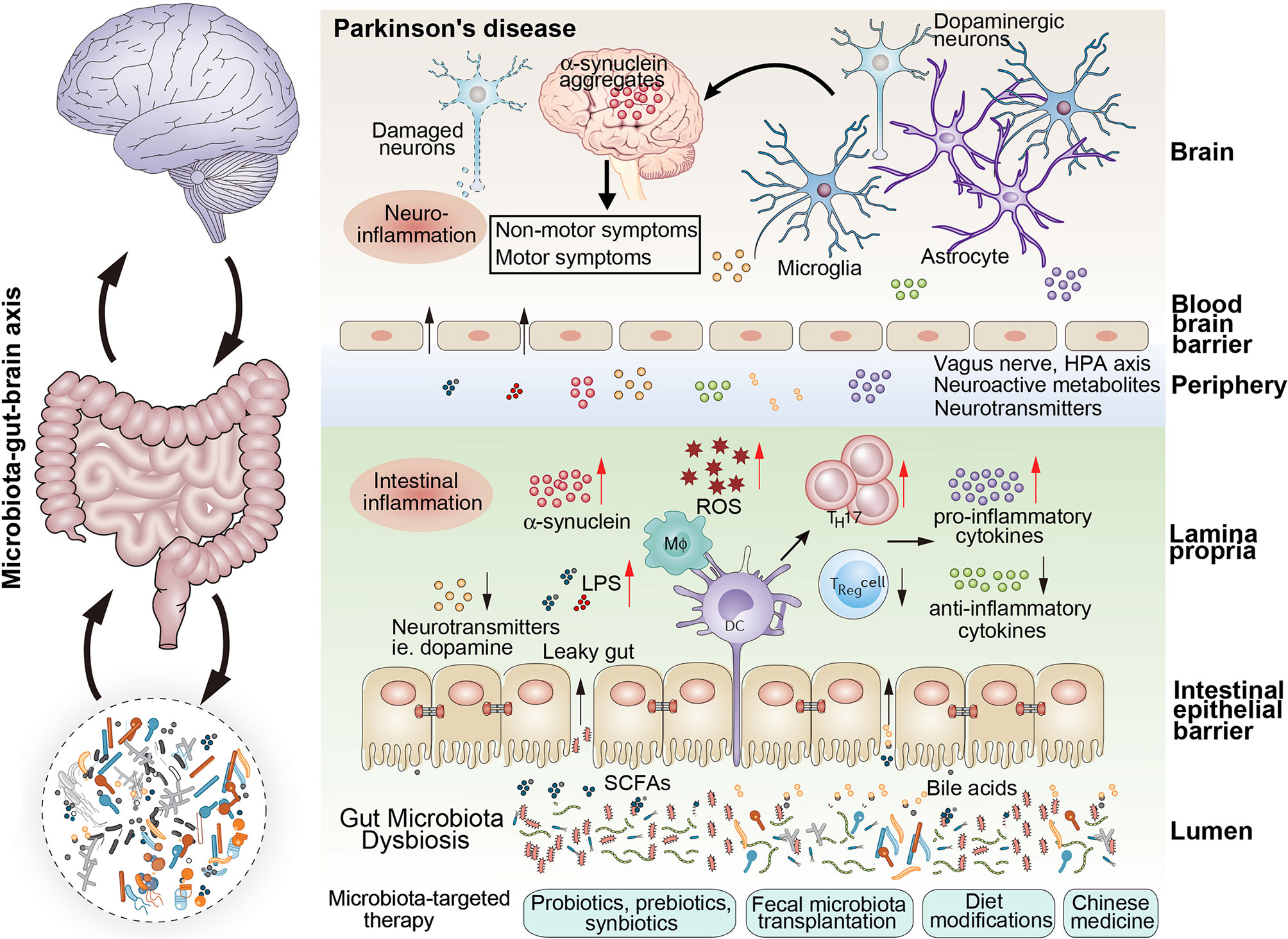
Parkinson's disease, a neurodegenerative disorder affecting millions worldwide, has long been understood as a condition primarily impacting motor skills. However, a growing body of research is illuminating a critical connection between the gut microbiome and the progression of Parkinson's, opening up new avenues for potential therapeutic interventions. Could the key to slowing or even alleviating some Parkinson's symptoms lie within the delicate balance of bacteria residing in our digestive system?
This burgeoning field of research suggests that specific probiotics, live microorganisms intended to benefit the host, might offer a novel approach to managing Parkinson's disease. But with a vast and complex ecosystem of gut bacteria and a multitude of probiotic strains available, the crucial question remains: which probiotic, or combination thereof, is most effective in mitigating the symptoms and slowing the progression of this debilitating disease? This article delves into the current scientific understanding of the gut-brain axis in Parkinson's disease and explores the promising, yet still preliminary, research into the potential of specific probiotics to improve the lives of those affected.
The Gut-Brain Axis and Parkinson's Disease
The gut-brain axis represents a complex bidirectional communication network linking the gastrointestinal tract and the brain. This intricate system involves neural, hormonal, and immunological pathways, allowing for continuous interaction and influence between the two seemingly distant organs.
In Parkinson's disease, this communication pathway appears to be significantly disrupted. Research indicates that alterations in the gut microbiome, termed dysbiosis, are prevalent in Parkinson's patients, often preceding the onset of motor symptoms by several years.
Specific bacterial species have been implicated in either exacerbating or potentially protecting against the disease. For instance, some studies suggest an increase in bacteria associated with inflammation, while others point to a reduction in beneficial bacteria known for their neuroprotective properties.
The Role of Alpha-Synuclein
A key protein involved in Parkinson's disease is alpha-synuclein. This protein, when misfolded and aggregated, forms Lewy bodies, the hallmark pathological feature of Parkinson's.
Interestingly, misfolded alpha-synuclein has been detected in the gut of Parkinson's patients, suggesting that the disease process might originate, or at least begin, in the digestive system. This finding strengthens the argument for targeting the gut microbiome as a therapeutic strategy.
The hypothesis is that gut bacteria can influence the aggregation of alpha-synuclein, either directly or indirectly through the production of metabolites that affect brain function and inflammation. Certain gut bacteria may promote misfolding, while others may help prevent it.
Probiotics: A Potential Therapeutic Avenue
Given the established link between gut dysbiosis and Parkinson's disease, probiotics have emerged as a potential therapeutic intervention. Probiotics are live microorganisms that, when administered in adequate amounts, confer a health benefit on the host.
The rationale behind using probiotics in Parkinson's is to restore a more balanced and beneficial gut microbiome, thereby influencing the gut-brain axis and potentially mitigating disease symptoms. However, it's crucial to understand that not all probiotics are created equal.
Different strains of bacteria exert different effects, and what might be beneficial for one individual could be ineffective or even harmful for another. Identifying the specific probiotic strains that are most effective in Parkinson's disease remains a key challenge.
Specific Probiotic Strains Under Investigation
Several probiotic strains have shown promise in preclinical and clinical studies related to Parkinson's disease. Some of the most actively researched include:
- Lactobacillus strains: Certain Lactobacillus species, such as L. casei and L. plantarum, have demonstrated anti-inflammatory and antioxidant properties in vitro and in animal models. Some clinical trials have also shown improvements in motor symptoms and non-motor symptoms like constipation in Parkinson's patients following Lactobacillus supplementation.
- Bifidobacterium strains: Similar to Lactobacillus, specific Bifidobacterium species, including B. longum and B. bifidum, have been linked to beneficial effects on gut health and immune function. Studies suggest they may help reduce inflammation and improve gut barrier integrity, potentially impacting Parkinson's progression.
- Bacillus strains: Some Bacillus strains, like B. subtilis, are being investigated for their ability to produce enzymes that can break down alpha-synuclein aggregates. This could potentially reduce the burden of toxic protein accumulation in the gut and brain.
It's important to note that the evidence for each of these strains is still preliminary. Clinical trials in humans are often small and yield varying results. More rigorous, large-scale studies are needed to confirm these findings and determine the optimal dosage and duration of treatment.
Challenges and Future Directions
Despite the promising research, several challenges remain in translating the potential of probiotics into effective treatments for Parkinson's disease. One major hurdle is the complexity of the gut microbiome. Each individual harbors a unique microbial ecosystem, influenced by factors such as genetics, diet, and lifestyle.
This means that a one-size-fits-all approach to probiotic therapy is unlikely to be successful. Personalized interventions, tailored to an individual's specific gut microbiome profile, may be necessary to achieve optimal results.
Furthermore, the mechanisms by which probiotics exert their effects in Parkinson's disease are not fully understood. More research is needed to elucidate how specific strains interact with the gut-brain axis and influence disease progression.
Future research should focus on:
- Conducting larger, well-designed clinical trials to evaluate the efficacy of specific probiotic strains in Parkinson's disease.
- Developing methods for personalized probiotic selection based on individual gut microbiome profiles.
- Investigating the mechanisms by which probiotics influence alpha-synuclein aggregation, inflammation, and neurodegeneration.
Conclusion
The connection between the gut microbiome and Parkinson's disease is becoming increasingly clear. While research is still in its early stages, the potential of probiotics as a therapeutic intervention is undeniable. Identifying the specific probiotic strains that can effectively modulate the gut-brain axis and mitigate Parkinson's symptoms represents a significant step forward in the fight against this debilitating disease. Although no definitive "best" probiotic can be declared yet, the ongoing research offers hope for future breakthroughs in personalized medicine for Parkinson's patients, potentially leading to improved quality of life and a slowing of disease progression. The future of Parkinson's treatment may very well lie, at least in part, within the complex and fascinating world of the gut microbiome.
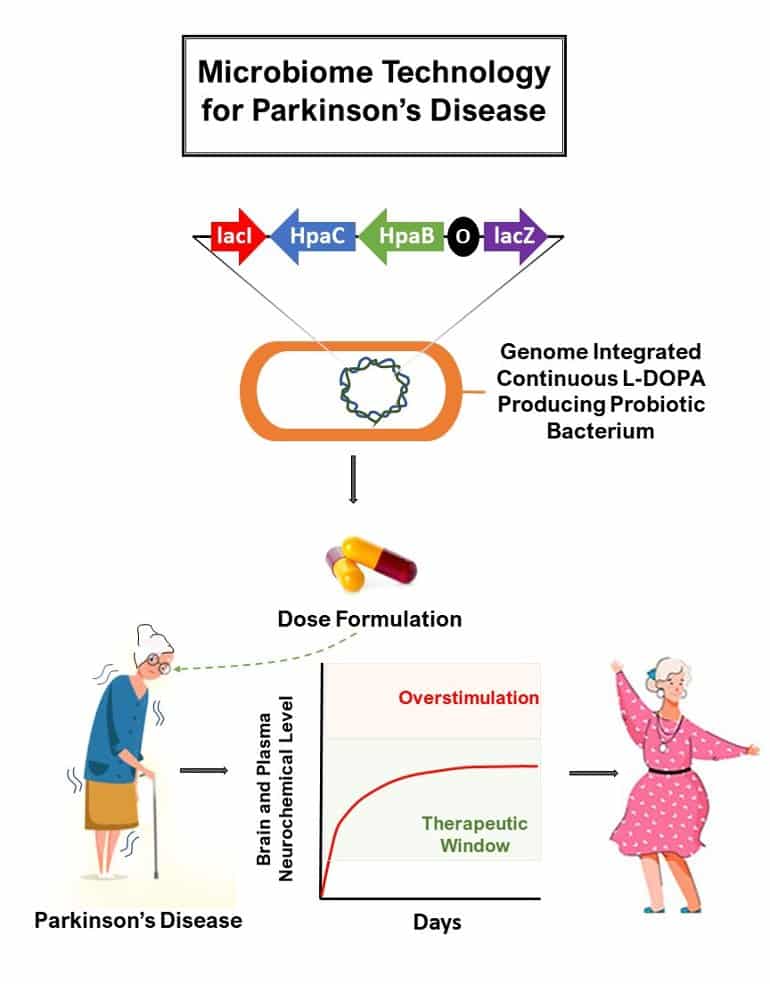



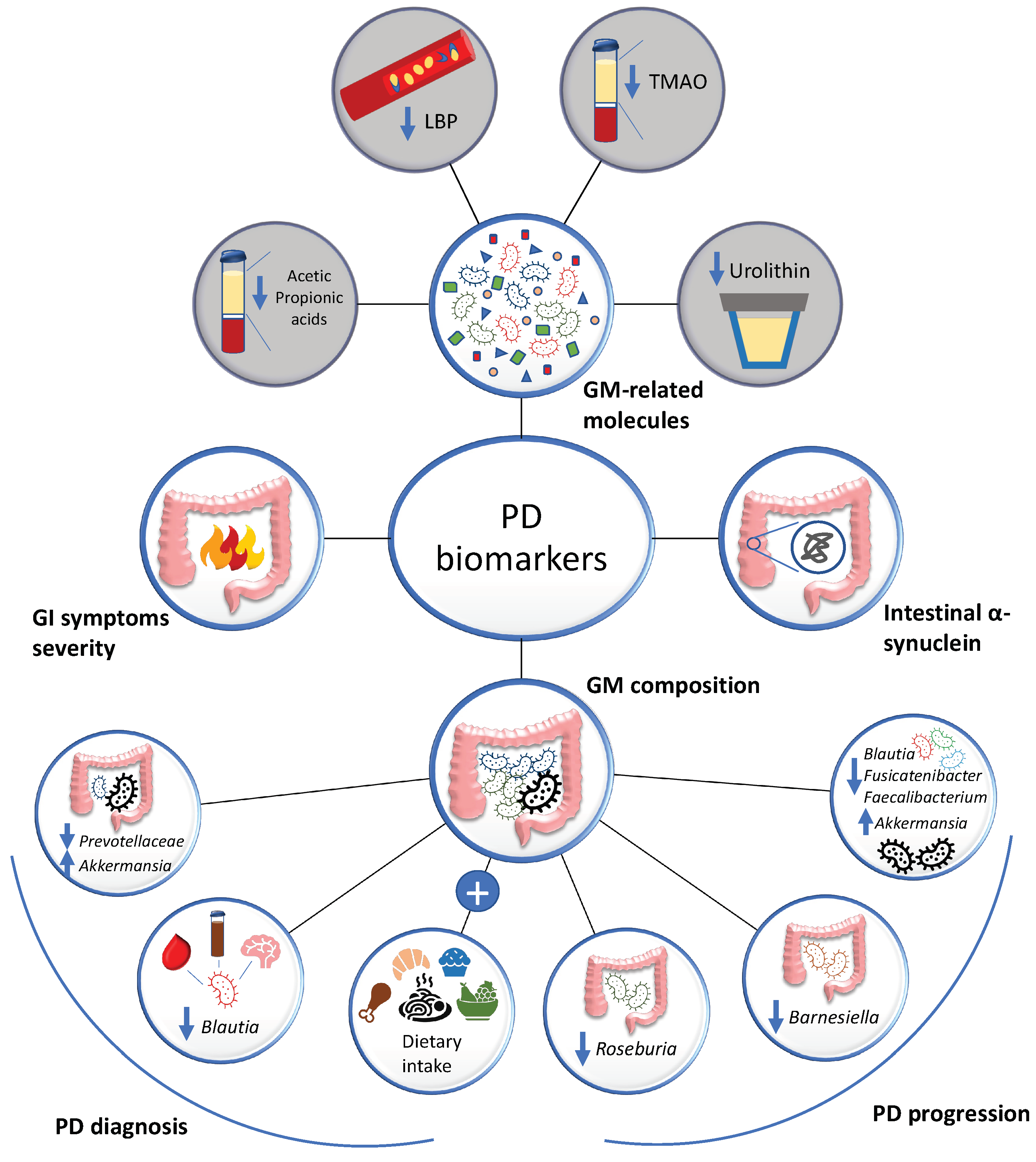
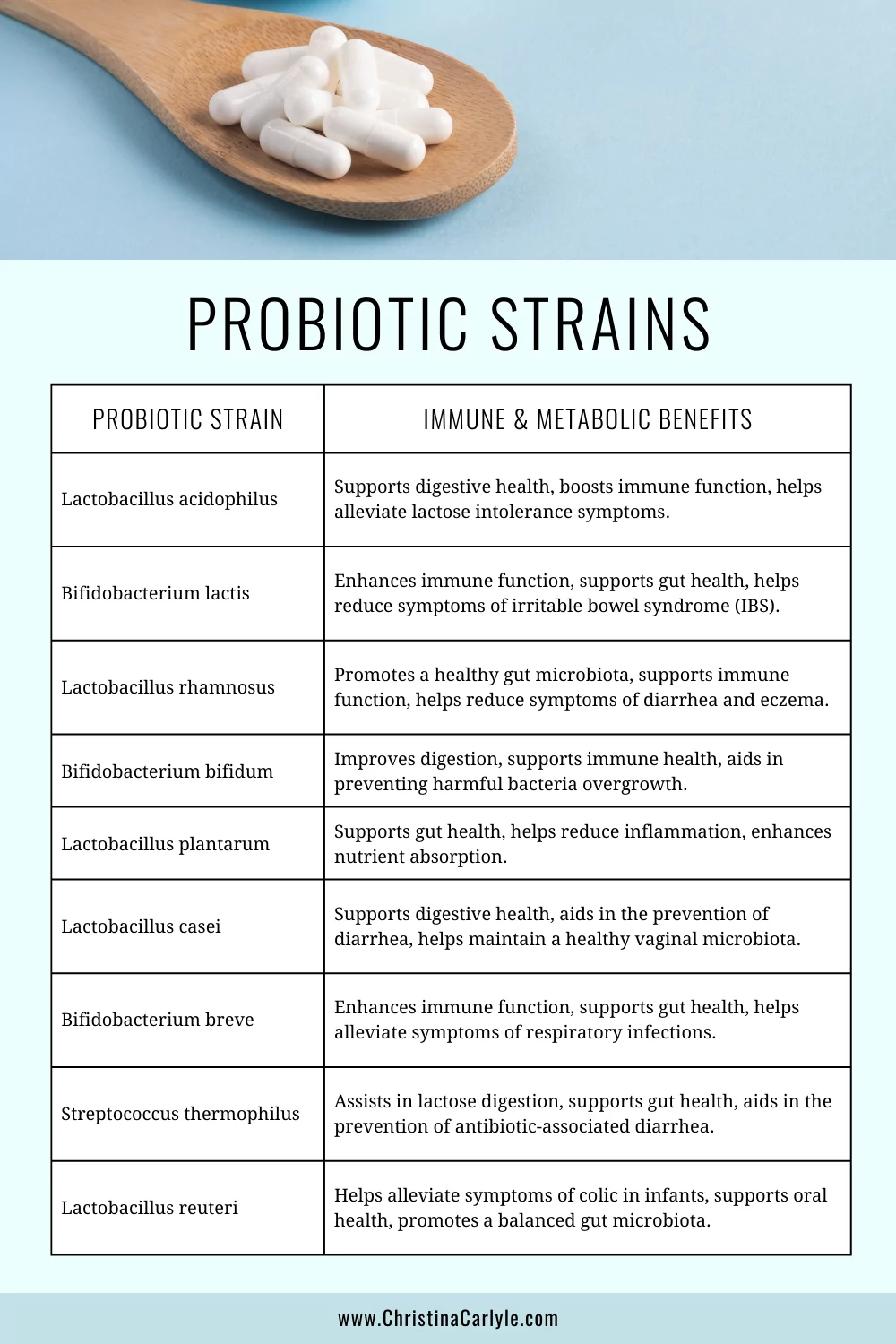


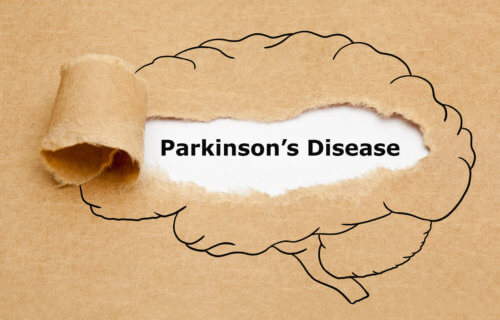

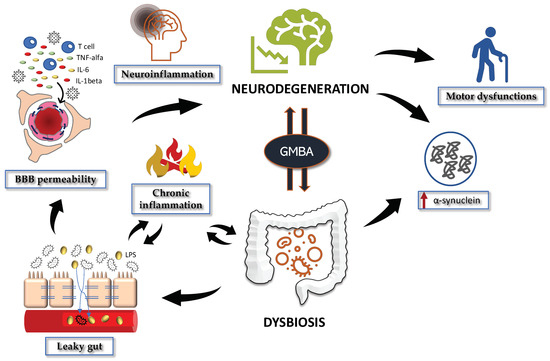

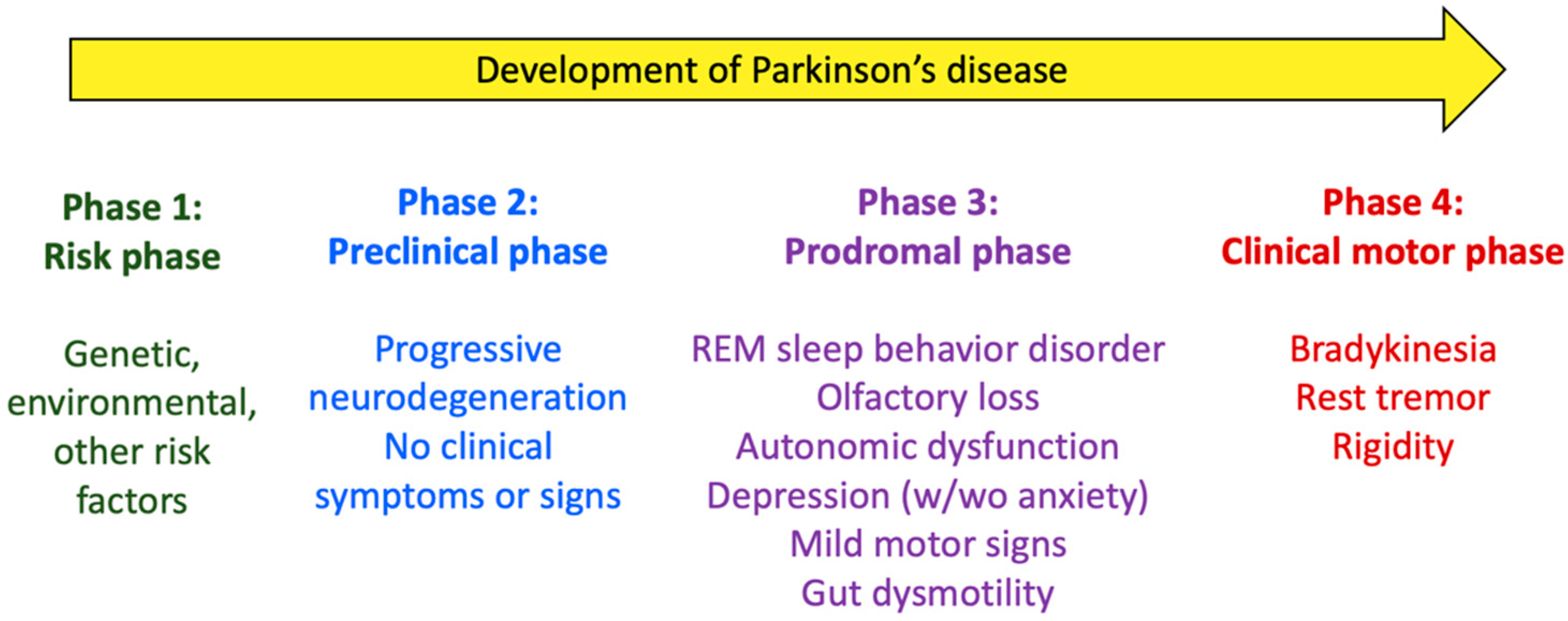
:max_bytes(150000):strip_icc()/Best-vitamins-for-parkinson-s-disease-5206699_final_rev-364d9fe173ff439c8de53c4fd1c2676f.jpg)




